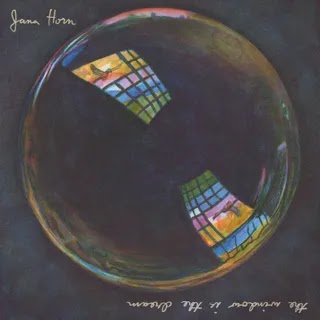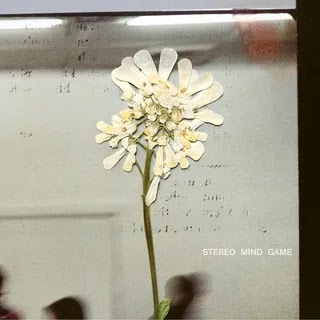The Canadian folk duo partners with the New Zealand singer-songwriter; together, they mix blues, murder ballads, and Indigenous lore, updating traditional forms in unexpected ways.
The North and South have a storied history in Americana, but unfurl the map and that dividing line tells a different tale across continents. Canadian folk duo Kacy & Clayton (second cousins Kacy Anderson and Clayton Linthicum) and New Zealand singer-songwriter Marlon Williams crossed hemispheres to work together, guided by a compass that pointed to the diverse traditions that have informed their respective work.
Both acts have shown an abiding interest in traditional, character-driven and confessional folk narratives, though they’ve branched out in recent years. Kacy & Clayton stretched their sound on 2017’s The Siren’s Song, which Jeff Tweedy produced, adding a 1950s rock twang, and Williams looked to baroque pop on 2018’s Make Way for Love. Now they have combined what they learned on those sojourns to create Plastic Bouquet.
After meeting on tour in 2017, Anderson and Williams began trading songs they’d written individually, eventually gathering in Kacy & Clayton’s native Saskatchewan to record with a full band. Plastic Bouquet marries their remarkably timeworn voices, entwining threads from country-folk, 1960s British pop, and even rockabilly to stitch a retro flare into their modern lore.
“Isn’t It” harkens back to blues traditionals about cheating and how all that sneaking around eventually eviscerates a person. “You took my shadow, wiped it right off the floor,” Anderson sings in a high, mournful register. Linthicum’s guitar backs her, metallic and sharply rendered, before Williams joins her on the chorus. At times their harmonies fit hand in glove; at others, they stand at arresting odds, their voices weaving together different textures that suit their ominous tales.
The title song updates the murder-ballad tradition, with a reckless driver playing the central villain. Done as a morbid waltz turned warning, “Plastic Bouquet” recounts the dangerous crossroads where a young driver killed three girls in a tragic accident that also claimed his life. On “Arahura,” the trio look to New Zealand’s past and the Ngāti Toa warrior Te Rauparaha, who was said to plunder the Arahura, a river on the country’s west coast, for greenstone. The song’s narrator hovers like a ghostly presence solidified only by the environment. “I know I am bound/To the river I love/And in a million years/I’ll be a rock on that hill,” Williams sings, his voice becoming more reverent against hazy pedal steel in the background. The bounty of New Zealand’s lush geography has limits, however: “But in a million more/I don’t know that I will.”
The album favors solemn matters, but the playful arrangements and Linthicum’s whimsical organ prevent it from slipping into a dour retreading of the past. “Devil’s Daughter,” arguably the most doleful song, opens with Anderson offering a very Canadian “sorry” for laughing before an acoustic guitar scaffolds a stage for her rich voice to mingle with Williams’.
Both vocally and narratively, Anderson and Williams have found a songwriting partner to push them in unconventional directions. Plastic Bouquet feels like the kismet of finding a kindred spirit halfway across the world.
















0 comments:
Post a Comment